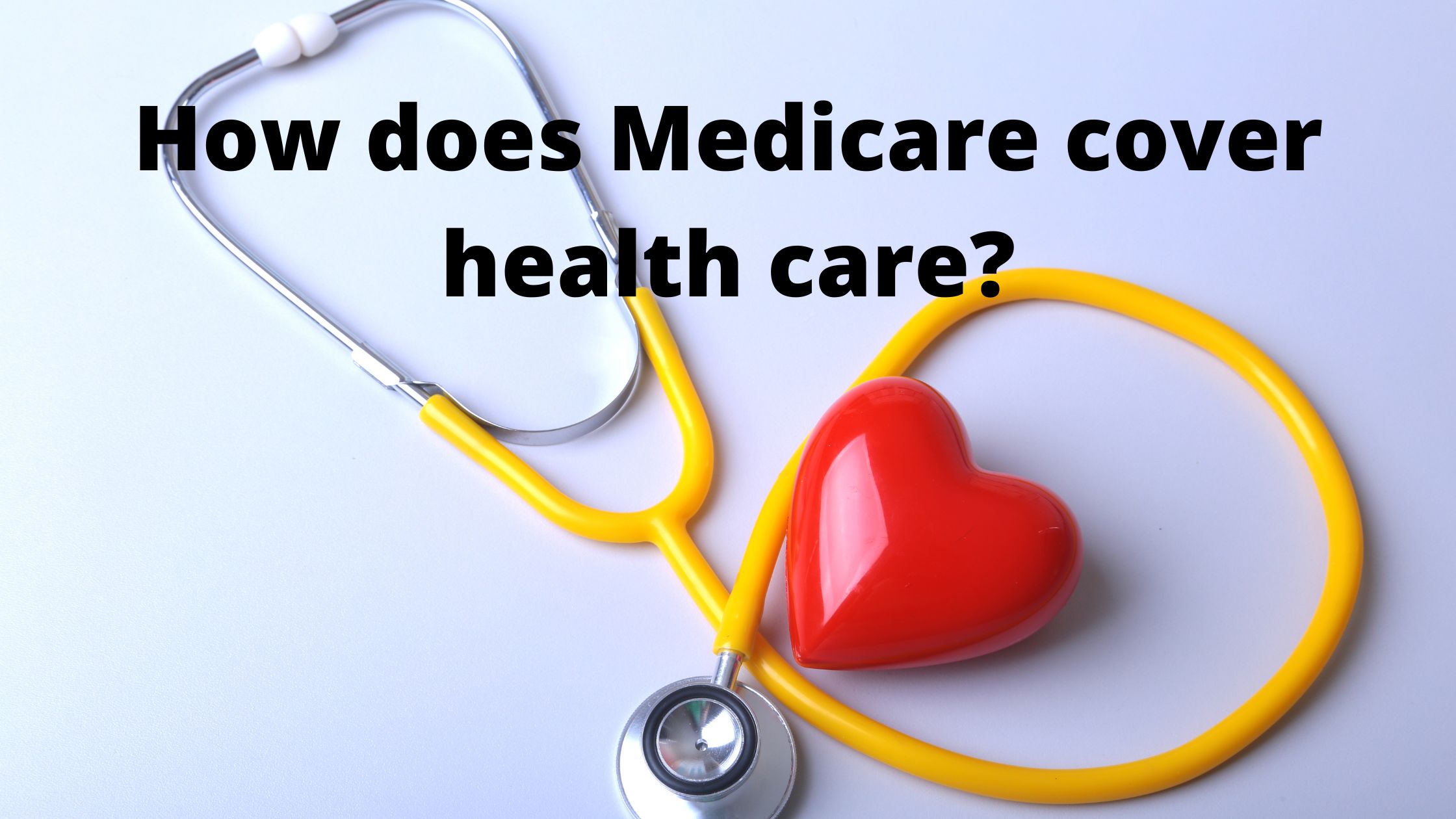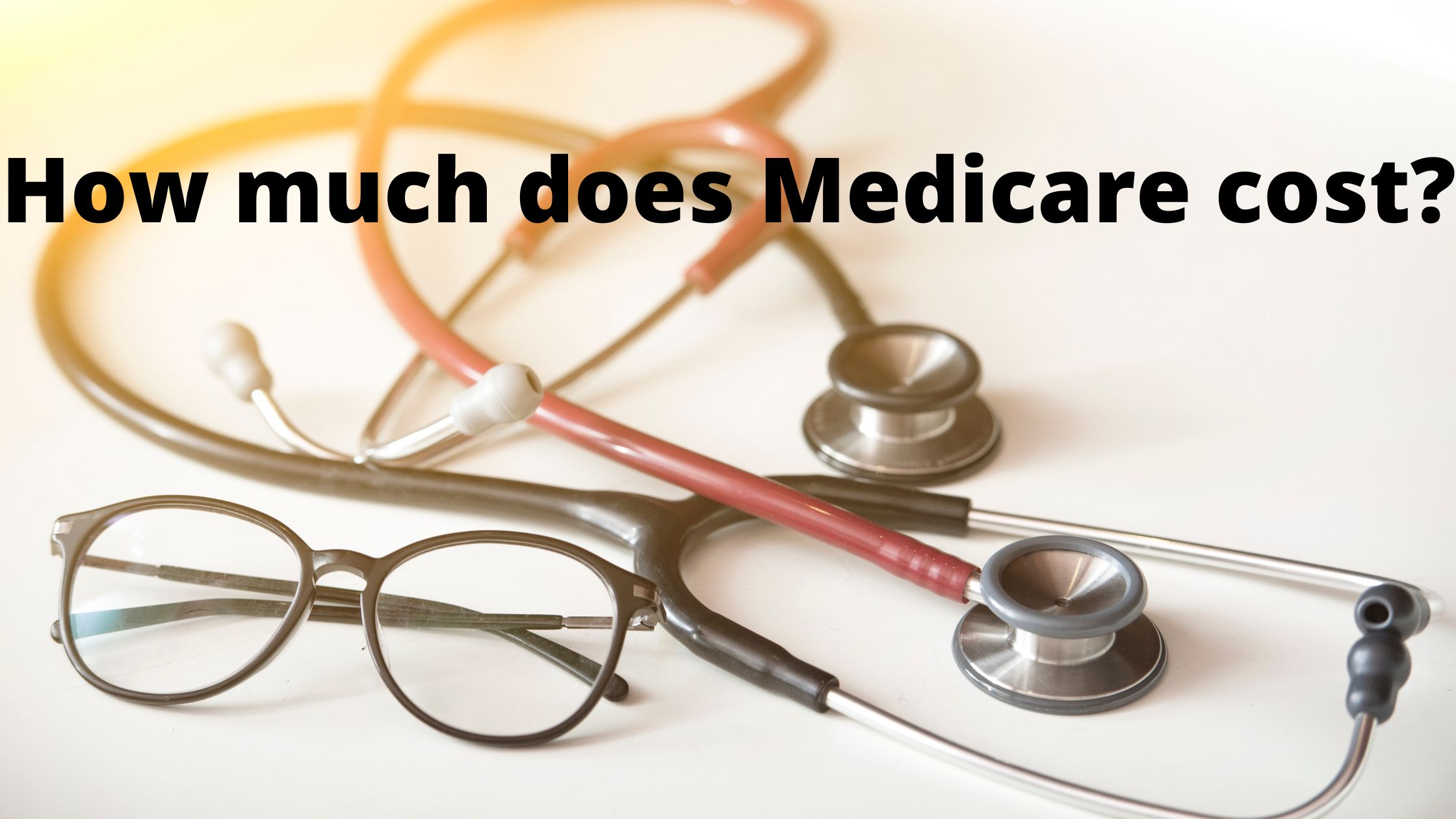Medicare is a government-run health insurance program that covers people aged 65 and over, people with disabilities, and some people who have reached the age of 55 but have not yet reached the age of 65. Medicare provides benefits in three parts – hospital, doctor, and prescription drug coverage. This article will provide an introduction to Medicare benefits and coverage, including information on premiums, co-payments, deductibles, and other costs associated with the program.
What is Medicare?
Medicare is a federal and state health insurance program for people aged 65 or older and for people with certain disabilities.
Medicare covers most medical expenses, including doctor visits, prescription drugs, and hospital stays. You may also be eligible for Medicare benefits if you are a spouse of someone who is already enrolled in the program.
There is no monthly premium required to participate in Medicare, and there is no deductible or co-pay required for hospital or doctor visits.
You may also be able to receive free or discounted medications through the government program.
To learn more about Medicare benefits and coverage, please visit the official website:
http://www.medicare.gov/.
What is Part A?
Medicare Part A is the Hospital Insurance program in the United States. It covers hospital stays in a facility that accepts Medicare payments.
Who is eligible for Medicare Part A?
Most people age 65 or older are automatically eligible for Medicare Part A. You may also be eligible if you have a disability, are blind or have a severe mental illness.
How much does Medicare Part A cost?
The monthly premium for Medicare Part A coverage is $128.90 per month. The premium can be paid annually, or you can pay it monthly. If you choose to pay it monthly, the premium will be automatically deducted from your bank or credit card account every month.
What are the benefits of Medicare Part A?
The benefits of Medicare Part A include: hospital insurance coverage, which helps pay for hospital stays; medical expenses coverage, which helps cover costs for doctors’ visits, prescriptions and other medical treatments; and a variety of optional benefits, such as home health care services and hospice care.
Is there a limit on how much I can spend during my stay in the hospital?
No, there is no limit on how much you can spend during your stay in the hospital. However, some
What is Part B?
Medicare Part B is a benefit offered by Medicare that covers medical expenses. It includes coverage for doctors’ fees, hospital bills, and other medical costs. Part B is also known as the Hospital Insurance Plan (HI).
Part B is optional for most people, and it doesn’t have to be paid every month. However, if you choose not to have Part B, you may have to pay a penalty when you file your taxes.
If you’re 65 or older, Part B is automatically included in your Medicare coverage. If you’re under 65, you must choose between enrolling in Part B or paying a monthly premium to continue having coverage without Part B. In 2017, the premium for Part B was $134 per month.
If you’re eligible for Medicare, Part B is the best way to cover your medical expenses. You can use it to cover doctor’s visits and other services that are covered by Medicare. You don’t have to worry about how much your medical costs will cost each month.
If you need help choosing which health insurance plan is right for you, call our toll-free helpline at 1-800-MEDICARE (1-800
What are the benefits of Medicare?
Medicare is a government-run health program that offers benefits to people who are 65 or older and have been legally entitled to Medicare since 1990. Medicare provides coverage for health care costs, including prescription drugs, hospital stays, doctor visits, and other medical services. The program also helps seniors pay for long-term care services and helps them qualify for Social Security benefits.
Medicare benefits vary depending on the type of plan you choose. There are three types of Medicare plans: traditional, Medicare Advantage, and Part D. Traditional Medicare covers all the expenses of hospital stays, doctor visits, and other medical services. Medicare Advantage plans offer additional benefits, such as private insurance coverage for doctor visits and prescription drugs. Part D provides coverage for prescription drugs.
Some important things to know about Medicare include the following:
-You can receive Medicare regardless of whether you are working or not working.
-You don’t have to pay premiums or co-pays when you enroll in Medicare.
-You can use your own doctors and hospitals without paying extra costs.
-If you have limited income or resources, Medicare may help cover some of your expenses.
How does Medicare cover health care?
Medicare is a government-sponsored health insurance program for people aged 65 or older, and for people with certain disabilities. It covers most of the costs of hospitalization, doctor visits, and some prescription drugs. You may also be able to receive free or discounted medical care through Medicare.
To qualify for Medicare, you must be a U.S. citizen or lawful permanent resident, have been resident in the U.S. for at least five years before you turn 65, and have been receiving Social Security benefits for at least five years. If you are not yet 65 years old, you can begin receiving Medicare benefits when you turn 65 if you have been paying into the Social Security system for at least 10 years.
You may also be eligible for Medicare if you are permanently disabled (as determined by a doctor), have end-stage renal disease (a kidney disease that requires dialysis), or are age 65 or older and have received Social Security benefits for at least ten years.
There is no annual cost to participate in Medicare. However, there are premiums (which vary depending on your income) and other expenses that you may need to pay from time to time.
How much does Medicare cost?
Medicare is a government-run health insurance program that covers most of the cost of health care for people aged 65 and over, people with disabilities, and certain children.
The Medicare program has three main features:
– It is a single payer system, which means that all members of a household are covered by one plan. This makes it cheaper for people as there is no need to pay for multiple insurance policies.
– Medicare provides coverage for a wide range of services, including hospitalizations, doctor visits, prescription drugs, and long-term care.
– Medicare also offers benefits in addition to medical care, such as home health care and assistive devices.
Are there any exceptions to Medicare coverage?
There are a few exceptions to Medicare coverage, but most people are covered by the program.
The most common exception is that people over the age of 65 may not be covered if they have private coverage. People with end-stage renal disease may also not be covered by Medicare.
Other exceptions include people who are incarcerated, those who are permanently disabled, and certain Native Americans who are registered with the government.
If you think you may qualify for an exception to Medicare coverage, it’s important to speak with a health care provider to see if you’re eligible.
Does Medicare cover all medical expenses?
Medicare is a government-run health insurance program that covers health care costs for people aged 65 or older and people with disabilities. However, Medicare does not cover all medical expenses. Medicare coverage depends on the type of medical expense you have. Generally, Medicare will only cover expenses for services that are considered “covered benefits” under the program. This means that the service must be covered by Medicare, by a provincial or territorial plan (if you’re in Canada), or by a private health insurance plan. Some of the things that are generally not covered include dental services, eyeglasses, home health care, and long-term care services. There are also some exceptions to this rule – for example, Medicare will cover ambulance transportation if it’s necessary for receiving emergency treatment.
To find out whether a particular medical expense is covered under Medicare, you need to consult your policy paperwork or contact your insurance company. In general, it’s important to keep track of your expenses so that you know which ones are covered and which ones aren’t. If you think that a particular expense isn’t being billed properly – for example, because it wasn’t included in your original
What if I am not covered by Medicare?
Medicare is a government-sponsored health insurance program for people aged 65 or older and people with disabilities. If you are not covered by Medicare, you may be able to purchase private health insurance or receive benefits through a government program such as the Veterans Affairs (VA) Health System.
The Medicare program offers coverage for hospitalization, doctor visits, laboratory tests and other medical services. There is also a prescription drug benefit available through Medicare.
You may be eligible for Medicare if you are age 65 or older and have been receiving Social Security benefits for at least 10 years. You must also have a disabling illness, be unable to work due to that illness or be permanently blind.
There is no monthly premium required to participate in Medicare, and there is no deductible or co-payment for hospital services or doctor visits. However, there are costs associated with using some of the benefits offered through Medicare, such as deductibles for Part D drugs or co-payments for doctor services.
For more information on how to get coverage through Medicare, please visit the website of the Centers for Medicare & Medicaid Services (CMS).
Conclusion
As a senior citizen, you may be wondering what Medicare benefits and coverage options are available to you. In this article, we will discuss the different types of Medicare plans offered in the United States, as well as cover some of the important features that each type of plan offers seniors. We hope that this information will help you understand more about your options and make an informed decision about which plan is best for you.

